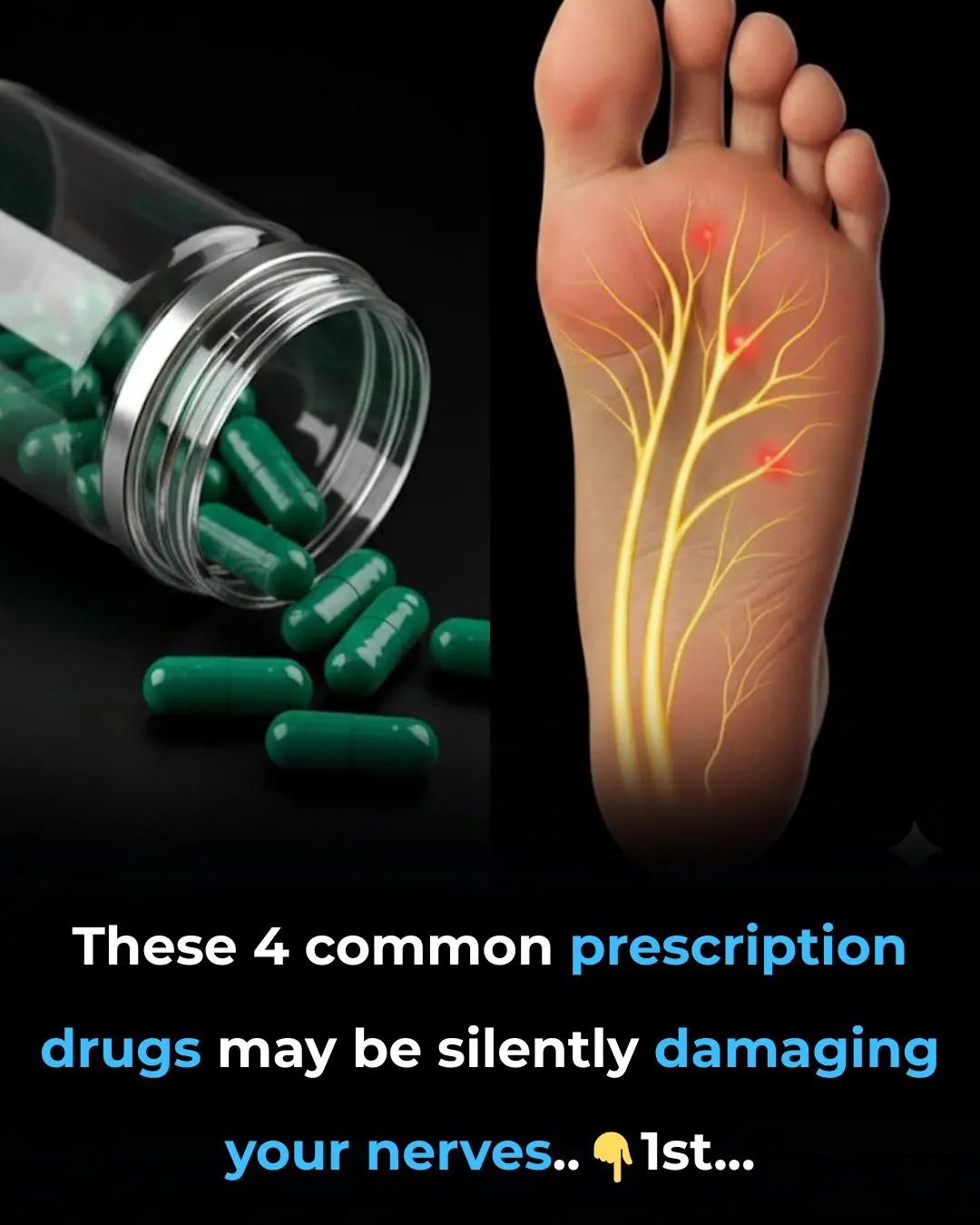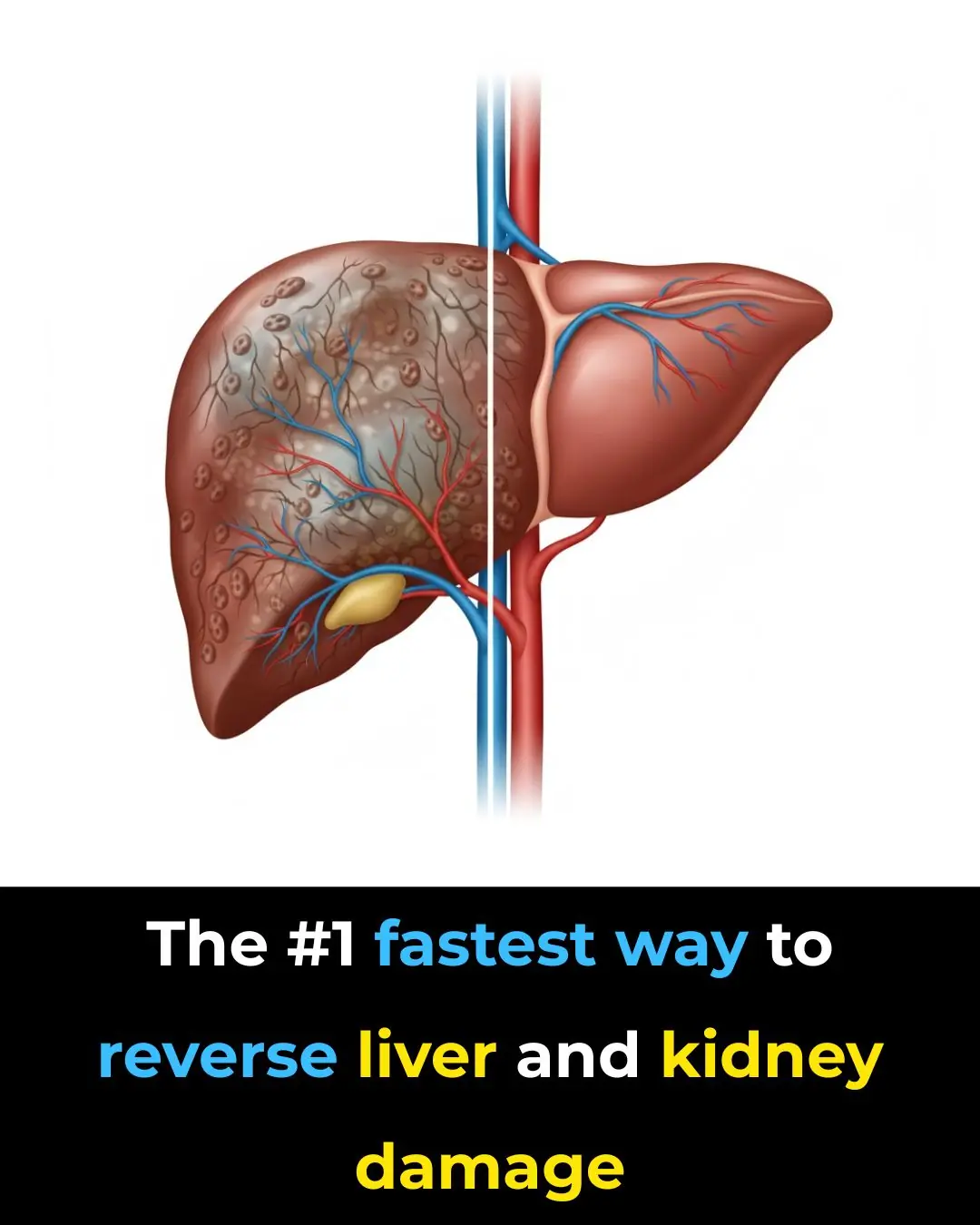
Numbness Or Tingling Sensations In Your Hands
Numbness or Tingling Sensations in Your Hands
Have you ever woken up with numbness or tingling in your hands? If so, you’re definitely not alone—and the reassuring news is that this sensation is usually harmless and temporary. Many people experience it at some point, and in most cases, it’s linked to simple, everyday habits rather than serious medical conditions.
The Mayo Clinic notes that “numbness alone isn’t usually connected to severe conditions like strokes or brain tumors.” This means that while the feeling can be uncomfortable or annoying, it rarely signals a life-threatening issue.
Common, Everyday Causes
One of the most frequent reasons for hand numbness is your sleeping position. If you sleep with your hands tucked under your body, head, or pillow, the pressure can restrict blood flow or compress a nerve. When this happens, you may wake up with that familiar “pins and needles” sensation. Fortunately, it usually goes away shortly after you change positions.
Repetitive hand movements are another common trigger. Activities like typing on a keyboard, writing for long periods, gardening, or using vibrating tools can overwork the small muscles and nerves in the hand and wrist. Over time, this can lead to carpal tunnel syndrome, where the median nerve becomes compressed inside the wrist. Early symptoms include tingling, numbness, or weakness in the hand. If ignored for too long, the condition may cause permanent nerve damage—and in advanced cases, surgery might be required.
Nutritional and Electrolyte Imbalances
Vitamin deficiencies play a big role too. A lack of vitamin B12, for example, can cause numbness in both the hands and feet. This deficiency is particularly common among vegans, vegetarians, and older adults because B12 is found mainly in animal-based foods such as eggs, dairy, fish, and meat. Fortunately, supplements or fortified foods can help bring levels back to normal.
Low levels of essential electrolytes—such as calcium, potassium, and sodium—can also disrupt nerve communication, leading to tingling sensations. These imbalances may occur due to dehydration, certain medications, kidney issues, or a poor diet. Staying well-hydrated and eating a balanced variety of nutrient-rich foods can help keep your nerves functioning smoothly.
Underlying Medical Conditions
For some individuals, hand numbness may be related to more chronic health issues. People with long-term high blood sugar levels, for instance, may develop diabetic neuropathy, a type of nerve damage that causes tingling, numbness, or burning sensations in the hands and feet. This condition can worsen over time if blood sugar isn’t well controlled.
Nerve compression can arise from structural issues as well. A herniated disc, pinched nerve in the neck, or disorders like cervical spondylosis can send tingling sensations down the arms and into the hands. Autoimmune diseases—such as rheumatoid arthritis—may also trigger swelling and nerve irritation, contributing to numbness and discomfort.
When to Be Concerned
Although hand numbness is often linked to harmless causes, persistent or worsening symptoms should never be ignored. If the tingling lasts for days, becomes more intense, or is accompanied by weakness, pain, or difficulty moving your hand, it’s important to seek medical guidance. Early diagnosis can prevent long-term damage and help you find the right treatment.
News in the same category


The shocking truth about vitamins and blood clots in your legs

Doctors Reveal That Consuming Pineapple Causes Remarkable Health Benefits

These 4 common prescription drugs may be silently damaging your nerves

🍎 Beet & Citrus Juice: A Nutritious Drink Packed With Antioxidants (Not a ‘Cleanse’)

The #1 fastest way to reverse liver and kidney damage

Humans are still evolving, and we’re losing our teeth

Warning: The #1 Mistake You’re Making with Canned Tuna (Avoid Mercury!)

Eat okra every day? Here’s what happens to your body!

The Hidden Health Risks of 4 Foods You Thought Were Clean

Research Shows That Music Significantly Boosts Infant Brain Development

Holy basil shown to cut stress hormone cortisol by 36% in 40 minutes

Spotting Silent High Blood Pressure: 5 Warning Signs You Must Not Overlook

Woman reveals 5 colon cancer symptoms that shouldn’t be ignored

These 14 Foods Will Improve Your Kidneys’ Ability To Detox Like Never Before!

TO PREVENT STROKE, REMEMBER THE ‘3 DON’TS’ AFTER MEALS AND ‘4 DON’TS’ BEFORE BED — STAY SAFE AT ANY AGE

HOW TO GET RID OF PHLEGM AND MUCUS IN YOUR CHEST AND THROAT

5 Early Symptoms of Stomach Cancer That Help With Timely Detection

Anyone Who Wants to Avoid Having a Stroke Needs to Start Eating these 15 Foods Immediately
News Post

Kirsty Gallacher says brain tumour is 'growing very fast' in worrying health update

Strictly’s George Clarke supported after heartbreaking confession ahead of live show: ‘It’s hard’

Lola Petticrew was in ‘revolutionary’ drama Say Nothing before Trespasses – and it has an impressive Rotten Tomatoes score

The Lip Color You Pick Reveals What Kind of Woman You Are

EVERYTHING TOM FELTON HAS SAID ABOUT JK ROWLING CONTROVERSY AS HE RETURNS TO HARRY POTTER

Doctors reveal that eating guava causes...

Why Your Hard-Boiled Eggs Have That Weird Green Ring

Big Brother kicks out two stars in cutthroat move days before final

Don’t Toss That Tuna Can

Yeast & Coffee Erase All Wrinkles in 3 Minutes – Even at 70

KELLY BROOK ADMITS WHY SHE SPLIT UP FROM EX-FIANCÉ JASON STATHAM AFTER SEVEN-YEAR RELATIONSHIP

Glow Like Never Before: The Banana and Carrot Face Mask That Defies Aging 🌟

BBC Unveils Daytime Shake-Up with New Shows Fronted by Vernon Kay and Ronan Keating 📺

The shower head is easily clogged after long use. This way, the dirt will drain away by itself and replace it with a new one

🎭 Emmerdale 'Too Dark' Debate: Viewer Poll Reveals Audience is Sharply Divided

The shocking truth about vitamins and blood clots in your legs

BBC Orders Immediate Lockdown for Celebrity Race Across the World Contestants Due to Violent Guatemala Uprising

🔥 Gordon Ramsay Delivers "Brutal Swipe" at Weight-Loss Jab Users, Refusing to Alter Menus

MAFS UK fans spot telling clue Davide and Keye have split
